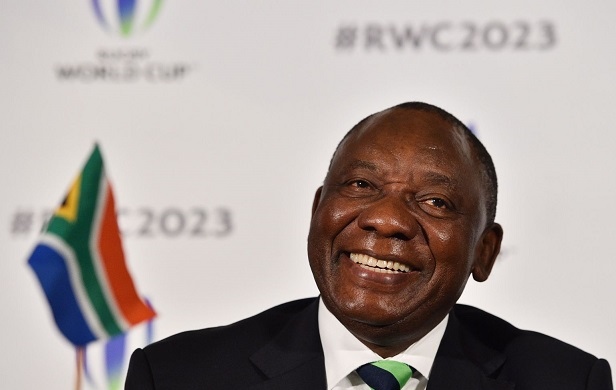South African President reassures the UN over seized lands
September 28, 2018 | Expert Insights

Seized South African farmlands ‘to be shared by all’ says Cyril Ramaphosa
Background
Dutch settlers landed in the Cape of Good Hope in 1652 and began setting up farms in and around Cape Town. In 1795, the British occupied the region, sparking a long-running conflict with the original Dutch settlers, known as the Boers. This resulted in two Anglo-Boer wars. After the second war, the British unified the colonies into a single country called the Union of South Africa.The 1913 Natives’ Land Act allocated only 8% of the land for black people. Whereas the white people, who were in minority, owned 90% of the land. The act formed an essential part of the South African legal framework for land control up until the fall of Apartheid in 1991.
The African National Congress (ANC), which has ruled South Africa since the fall of apartheid, promised reforms to redress racial disparities in land ownership. Despite more than 20 years of ANC rule, whites still own most of South Africa’s land.
Earlier this year, the Economic Freedom Fighters (EFF) party’s motion seeking to change the constitution to allow for land reform was backed by ANU and passed. However, the government is yet to work out the details of the implementation process. President Ramaphosa said expropriation without compensation will be one of the measures used by the government to speed up redistribution.
Analysis
South African President Cyril Ramaphosa warned the UN General Assembly that his government is planning to implement controversial reforms to correct racially skewed land-ownership patterns.
According to the President, the ruling African National Congress (ANC) is currently holding consultations on the reform that had previously evoked widespread outrage across the international community
“Nelson Mandela’s vision continues to guide us as we seek to improve the lives of our people in many ways,” Ramaphosa said. “We have started a comprehensive dialogue on the question of land reforms, as we seek ways to guarantee the land is shared by all.”
Earlier this year, the ANC proposed a constitutional amendment that would give the government a legal right to seize and redistribute farmlands without any compensation for owners. The draft reform triggered heated international debate along with multiple media reports of alleged violence against South African white farmers, including murders.
According to government data, more than 77 percent of South African farms and agricultural holdings are owned by white citizens with only four percent of lands belonging to black South Africans. The overall population of country is comprised by nine percent white people and 76 percent black people.
The reform has also raised deep concern among international investors, while the country’s ruling party has sought to reassure that the move will be lawful and will not threaten stability. Earlier this month, agricultural confidence and land prices in South Africa declined to the lowest in more than two years, according to the Agbiz/IDC agribusiness confidence index.
Speaking to the UN General Assembly, Ramaphosa announced plans to spend 50 billion rand ($3.52 billion) of “reprioritized expenditure and new project-level funding” to turn around South Africa’s economy.
The president also commented on Donald Trump’s America First policy, saying that no country can prosper at the expense of millions of others. “We must take collective responsibility for the development of all nations,” Ramaphosa added
Assessment
Our assessment is that the effects of land reform experienced in Zimbabwe will manifest in South Africa. We believe that while implementing the policy, the ANU must build partnerships between farmers and communities that claim land. Counter measures should be adopted to ensure that the overall food production is not compromised.








Comments